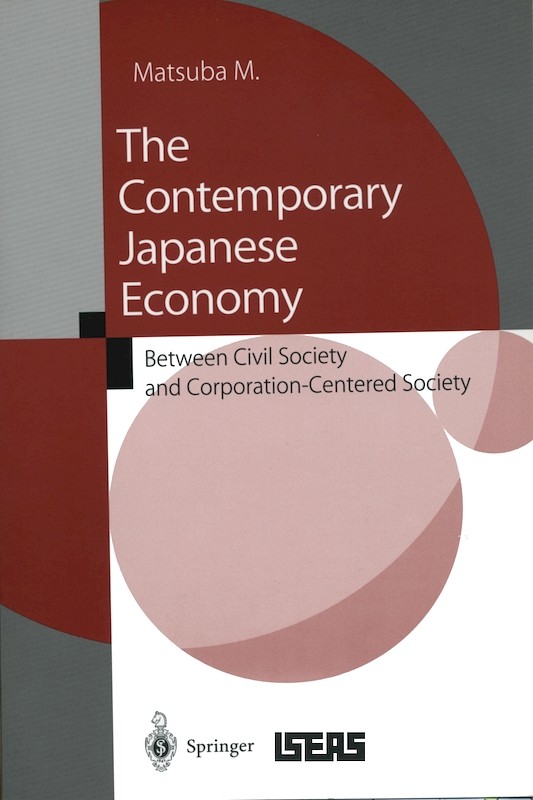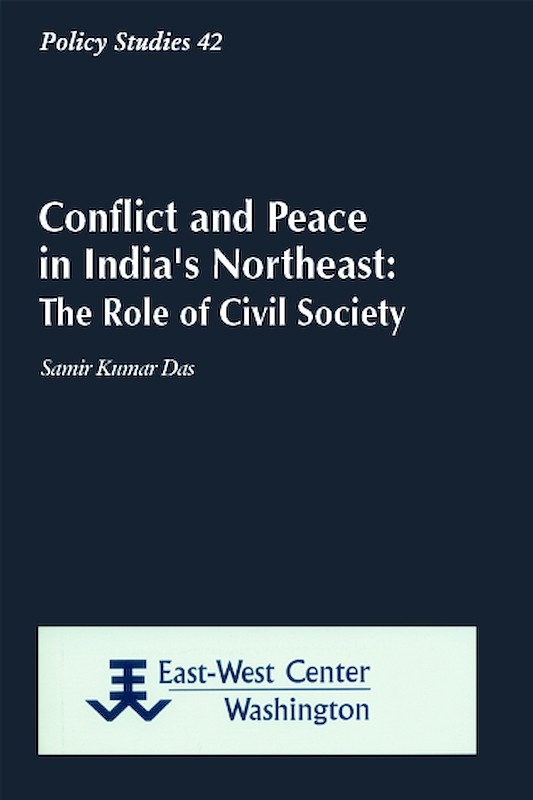Japan's Dual Civil Society: Members Without Advocates

About the publication
This book provides an overview of the state of Japan's civil society and a new theory, based on political institutions, to explain why Japan differs so much from other industrialized democracies. The book offers a new interpretation of why Japan's civil society has developed as it has, with many small, local groups, but few large, professionally managed national organizations. The book further asks what the consequences of that pattern of development are for Japan's policy and politics. The author persuasively demonstrates that political institutions - the regulatory framework, financial flows, and the political opportunity structure - are responsible for this pattern, with the result that civil groups have little change of influencing national policy debates. The phenomenon of "members without advocates" thus has enormous implication for democratic participation in Japan.
A book in the East-West Center series, Contemporary Issues in Asia and the Pacific, published by Stanford University Press. Available exclusively from ISEAS for distribution in Southeast Asia.
A book in the East-West Center series, Contemporary Issues in Asia and the Pacific, published by Stanford University Press. Available exclusively from ISEAS for distribution in Southeast Asia.






